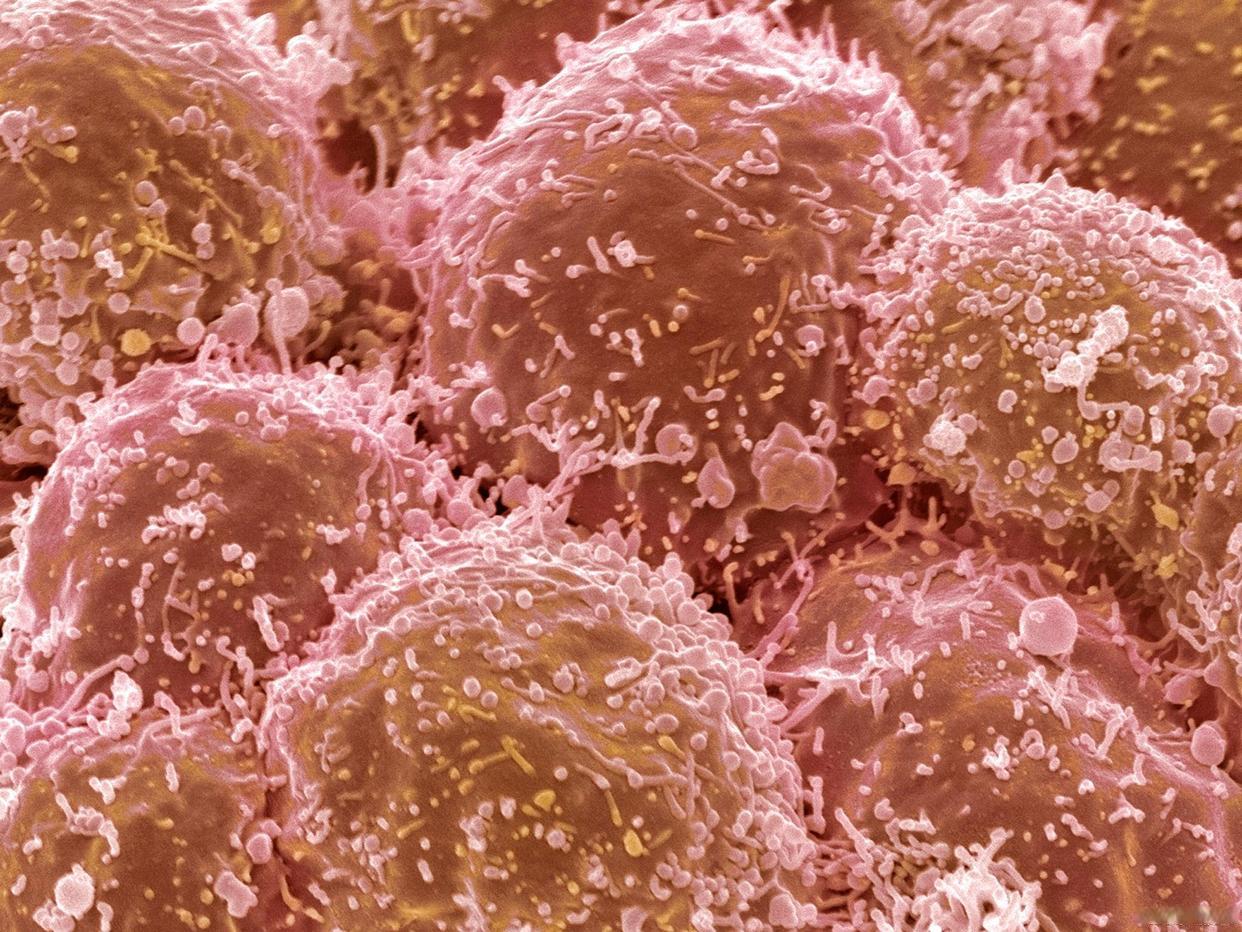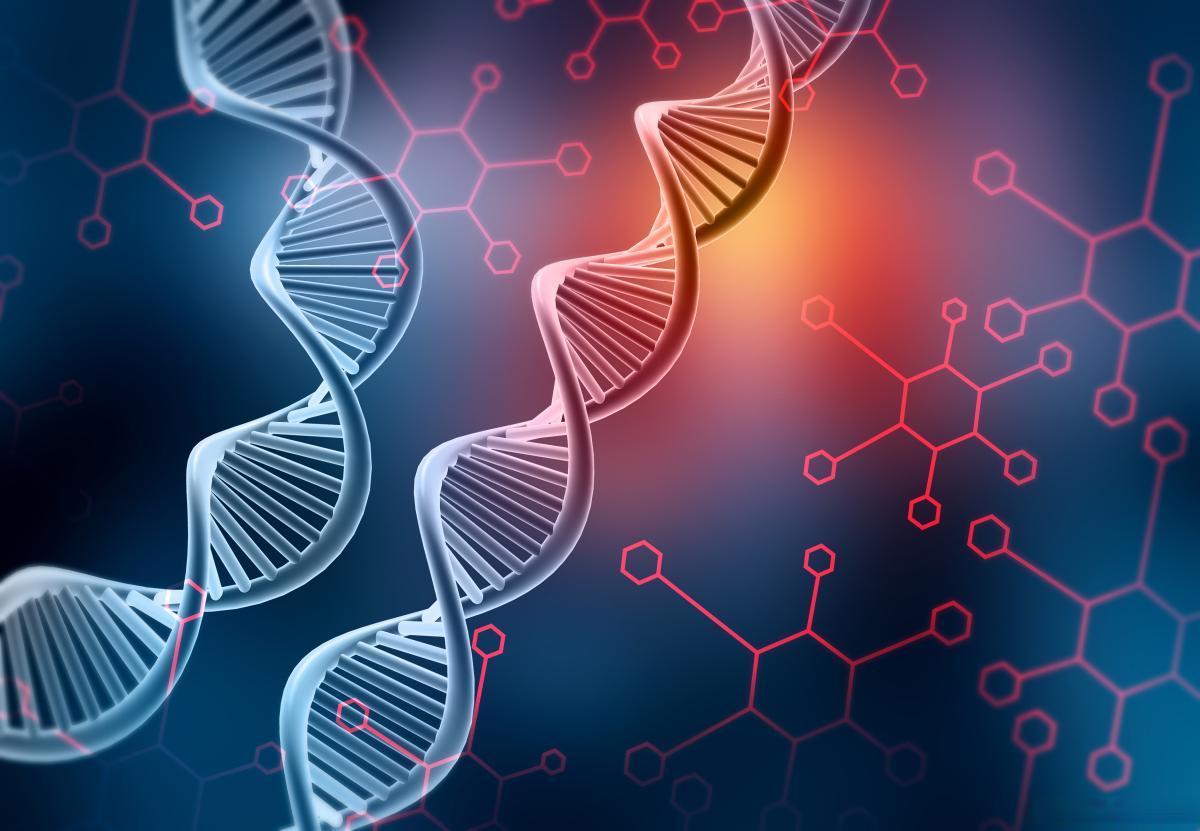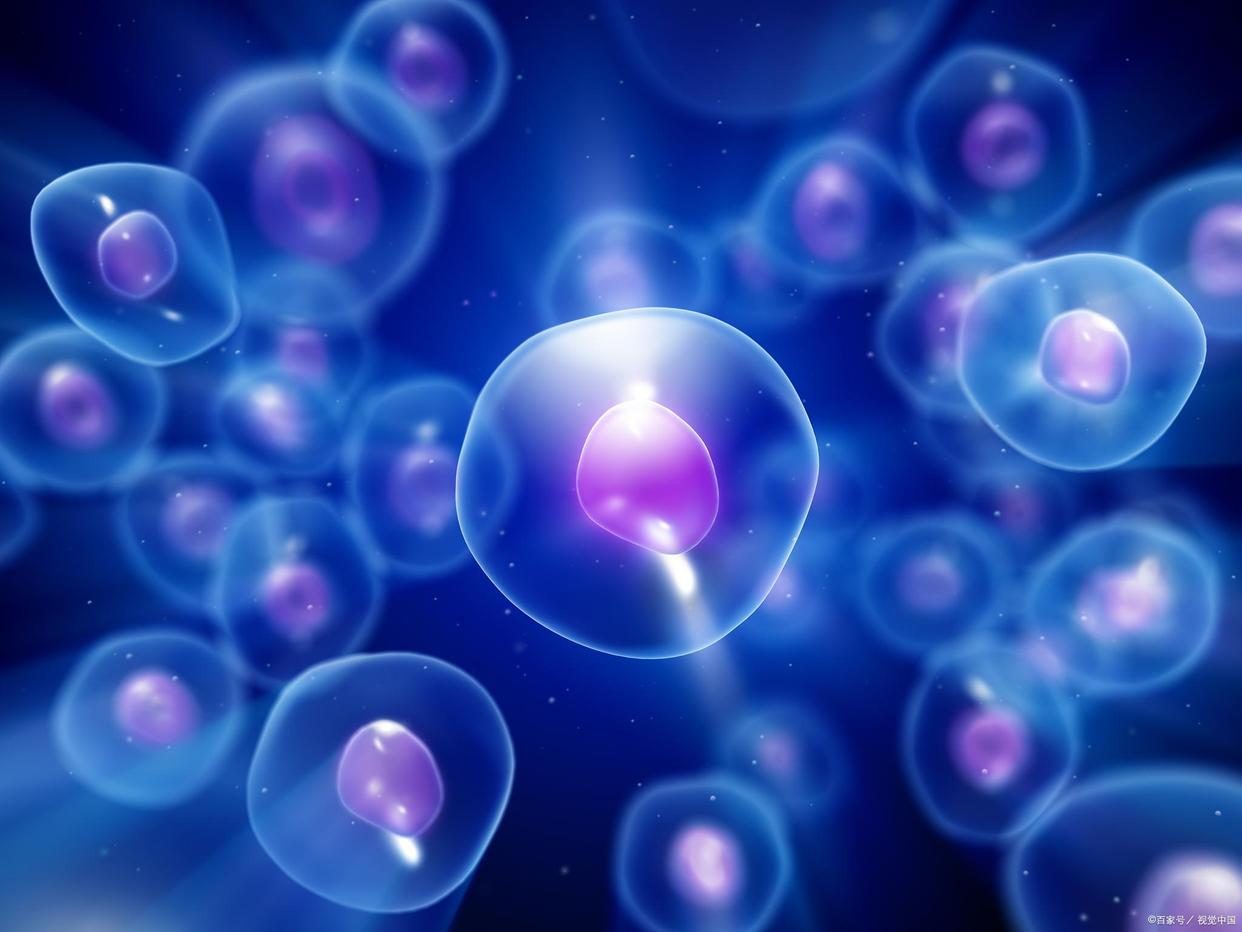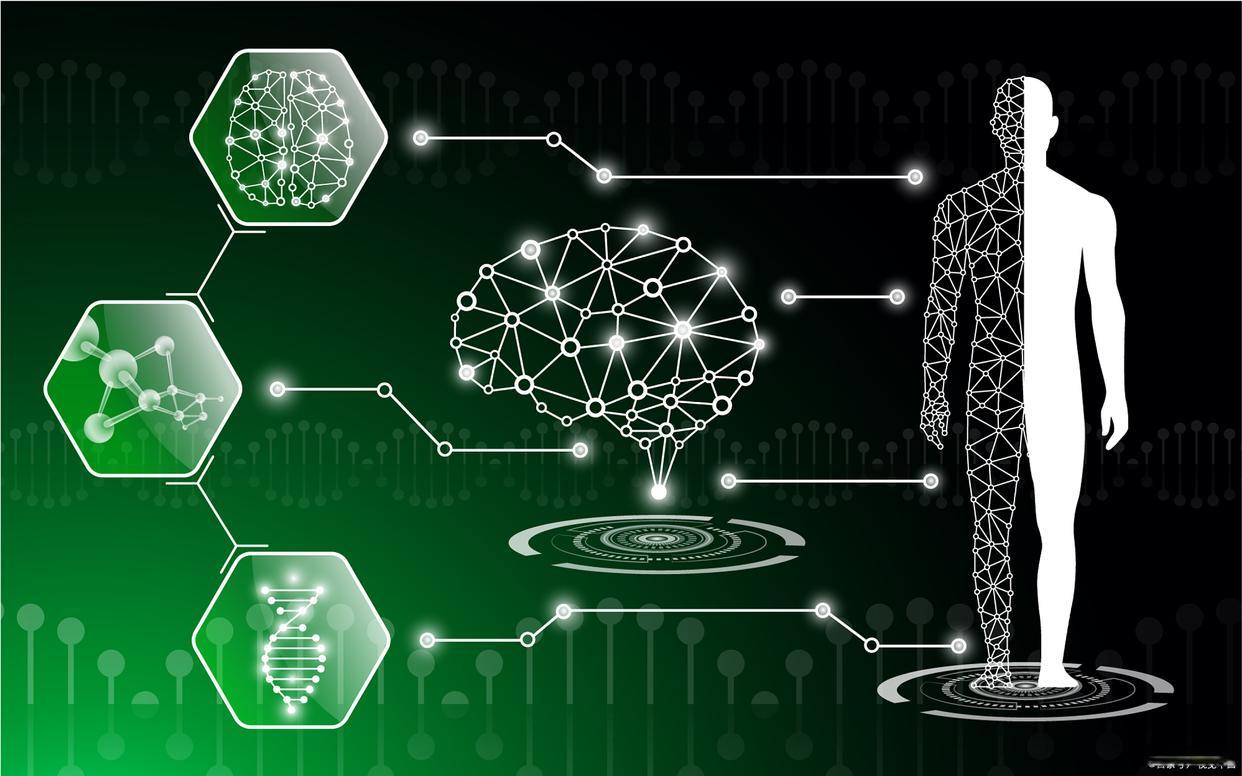Human beings’ longing for eternal life has a long history, and different cultures and religions have their longing and pursuit for eternal life. However, so far, whether human beings can live forever is still an unknown mystery. Starting with the problems of biological cells, genes and mechanical soaring, this paper discusses whether human beings can live forever and the possible ways to live forever.
1. Biological cells: Are there "immortal cells"?
The human body is composed of cells, and in the process of cell division, growth, aging and death, human beings are getting old, sick and dying. If we can find an "immortal cell", can human beings achieve eternal life?
In fact, no real "immortal cells" have been found yet. However, scientists have discovered a cell with certain "immortal" characteristics-cancer cells. Cancer cells can divide constantly and proliferate indefinitely, but at the same time, they will also destroy healthy tissues and organs, leading to cancer. Therefore, cancer cells are not an ideal way to realize human immortality.

In addition to cancer cells, some organisms also have certain "not old" characteristics. For example, turtles can live to be over 200 years old, and whales can live to be hundreds of years. However, even these creatures will eventually die, but they will live longer than other species.

2. Genes: Is there a "longevity gene"?
In recent years, the development of genetic science has led people to believe that the goal of human immortality may be achieved through gene repair and transformation. In fact, scientists have discovered some genes that may be related to longevity, such as SIRT1, FOXO, mTOR and so on. These genes are involved in important processes such as cell repair and metabolism, and are closely related to the length of life.

For example, scientists found through experiments that by activating SIRT1 gene, the life span of experimental animals can be extended by more than 30%. At the same time, researchers are constantly looking for other genes that may be related to life span, trying to extend human life span through gene editing technology.
However, genetic science is still in the exploratory stage, and the development of related technologies is also facing various difficulties. At the same time, gene editing and repair may also bring some unexpected consequences. Four, other possible ways
In addition to the possible ways mentioned above, there are also some other scientific technologies and theories that may have an impact on human beings’ realization of eternal life.
Stem cell technology
Stem cells are cells that can differentiate into many different cell types, and the development of stem cell technology is considered to be a field with great potential. Scientists are exploring how to use stem cell technology to repair and replace human organs and tissues, thus prolonging life.

cloning technology
The development of cloning technology is also considered as a possible way to achieve immortality. Through cloning technology, human beings can copy an identical individual, thus achieving the goal of eternal life. However, there are still many ethical and moral problems in this technology, such as whether it will lead to human beings becoming commodities and so on.

artificial intelligence
Artificial intelligence is a rapidly developing technology, and its potential has attracted people’s extensive attention. Through artificial intelligence, human beings can better understand their own life process and mechanism, discover new treatment methods and drugs, and thus prolong their life.
For example, artificial intelligence can help doctors predict the disease risk and treatment effect of patients more accurately, thus improving the treatment efficiency and success rate. At the same time, artificial intelligence can also help scientists analyze and understand life science data faster, thus accelerating the development of new drugs.
However, artificial intelligence technology is still in the stage of continuous development, and more research and exploration are needed.
V. Conclusion
Although the realization of immortality is still an unknown mystery, the continuous development and breakthrough of science and technology make us full of expectations and hopes for the future. From biological cells, genes, mechanical soaring, stem cell technology, cloning technology, artificial intelligence and many other fields, human beings have been looking for possible ways to live forever.
However, we also need to maintain a cautious and awe-inspiring attitude, and consider its possible impact and consequences while exploring and studying. We need to seriously think about how to balance scientific and technological progress and moral norms and find a suitable balance point. Only in this way can we explore better.
关于作者